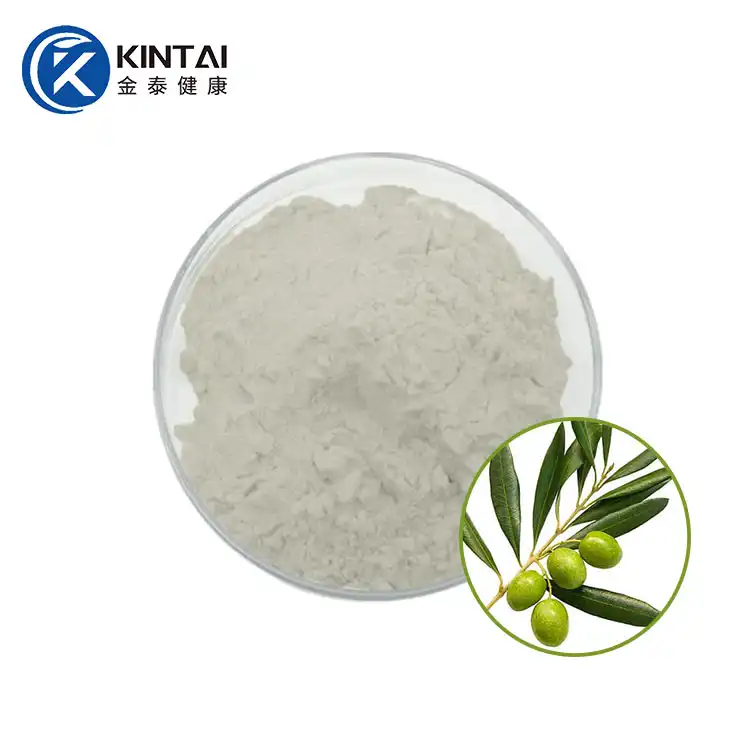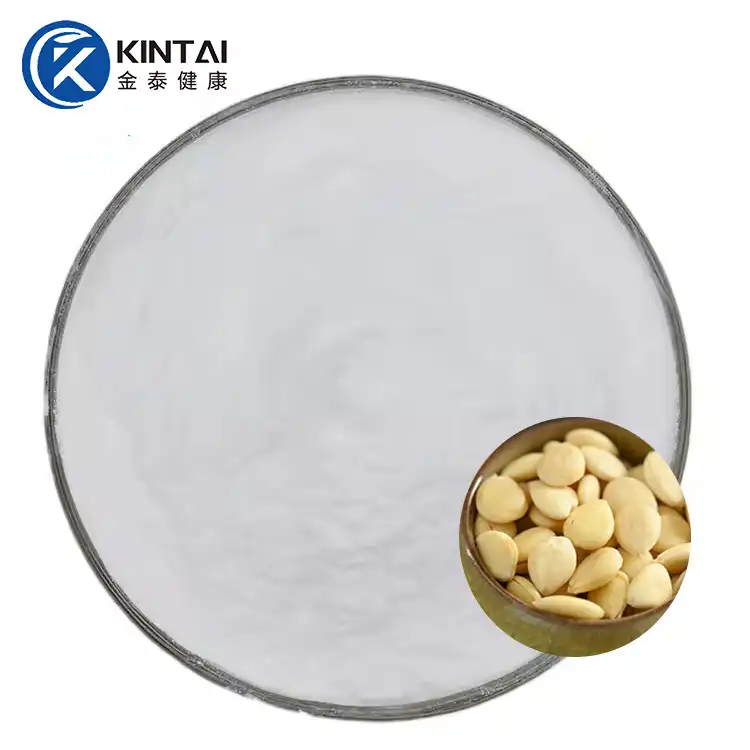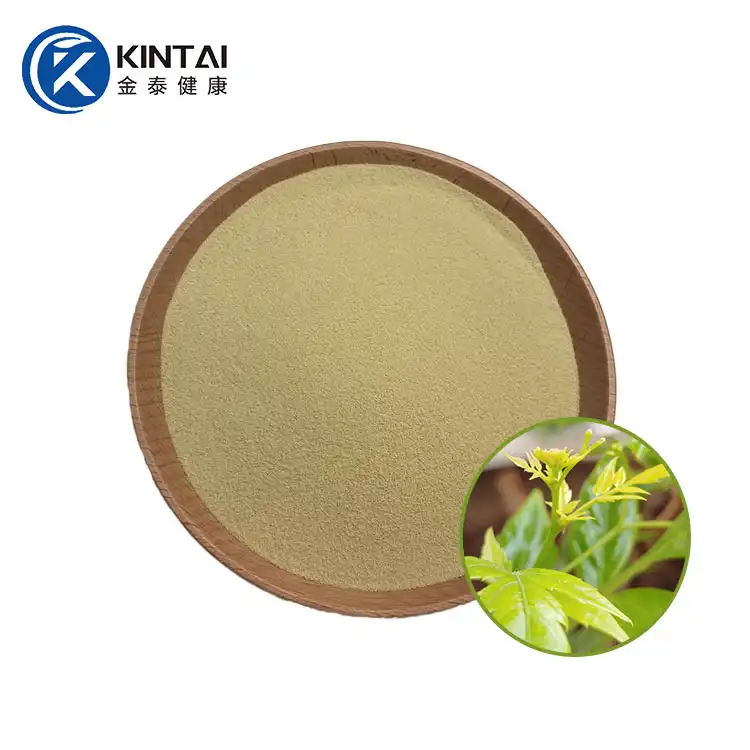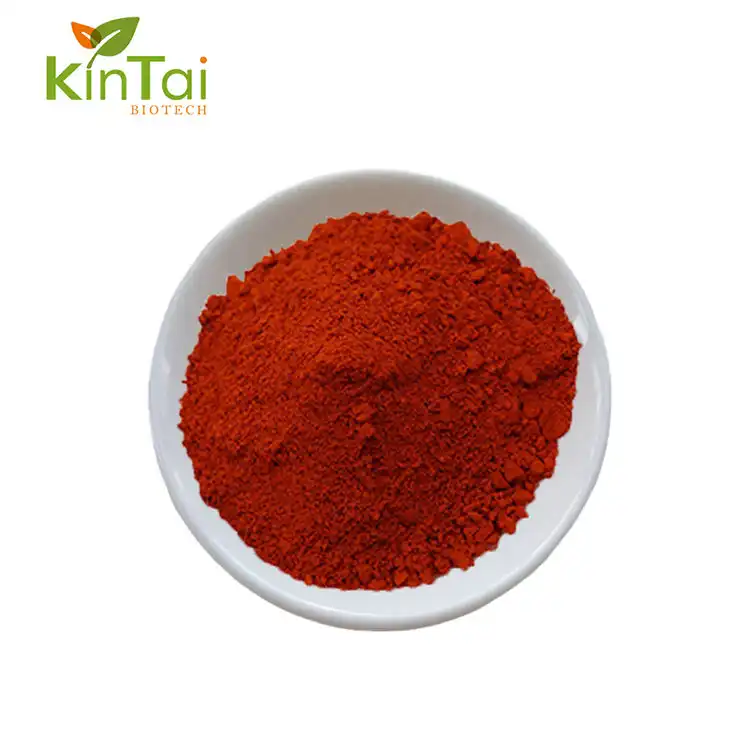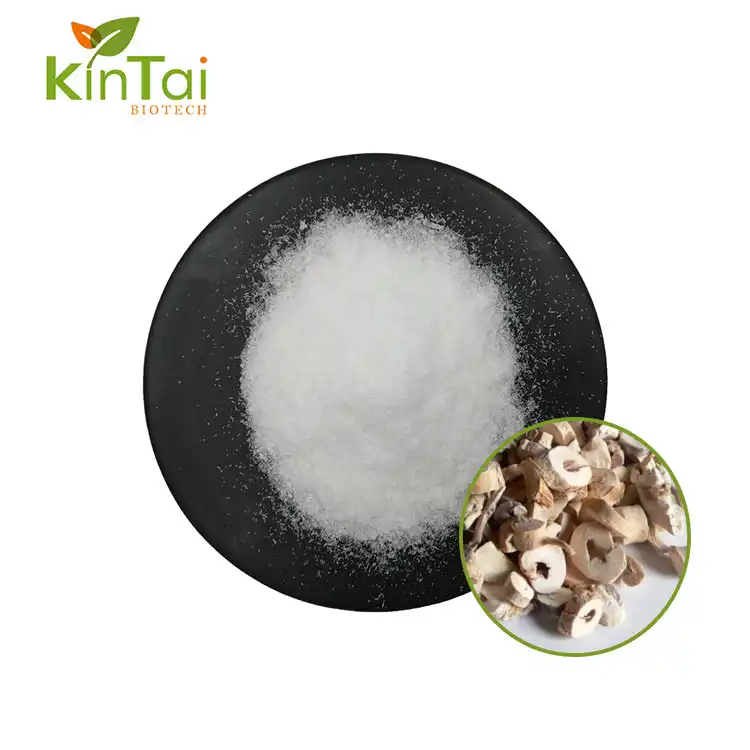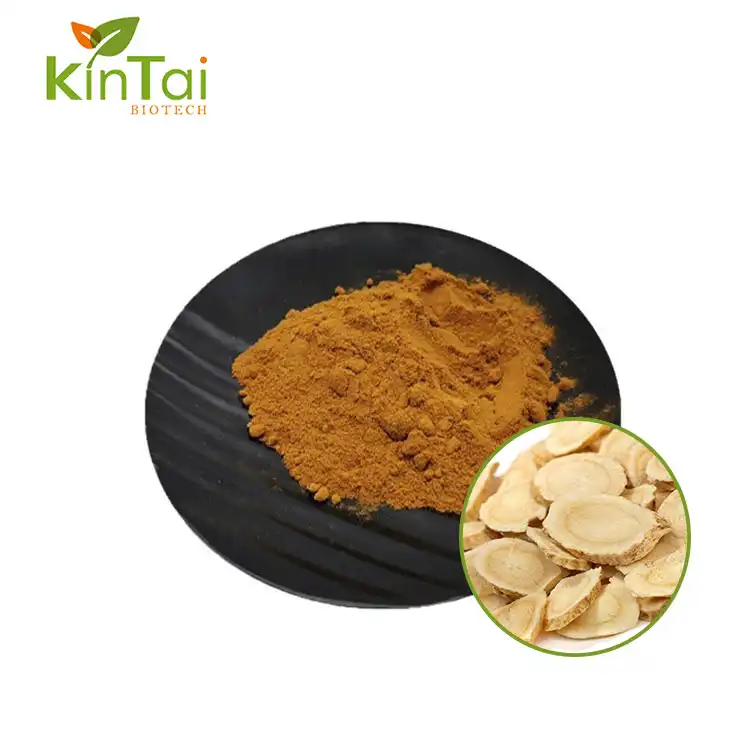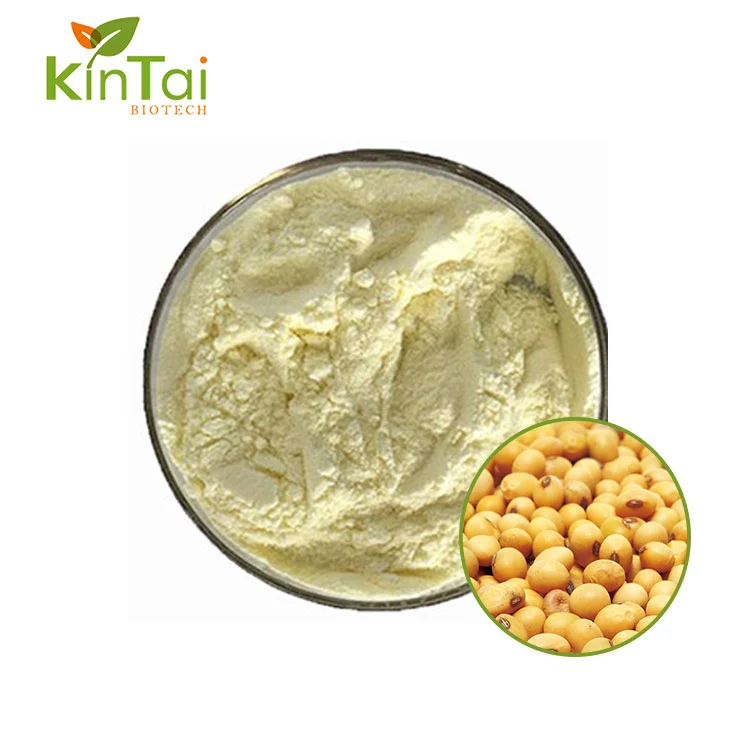Berbamine dihydrochloride
Test Method:HPLC
CAS NO:6078-17-7
Appearance:white powder
Application:Preparation of anti-leukemia active berbamine derivatives
MOQ: 1KG
Certs: GMP, ISO9001:2015, ISO22000:2018, HACCP, KOSHER, HALAL
Sample: Free sample available
Production Capacity: 1000KG/month
Delivery Time: Delivery within one day from the warehouse
Shelf Life: Three years
Payment: Multiple terms acceptable like T/T, LC, DA
Company Advantage:100,000 level clean production workshop, Non-additive, Non-GMO, Non-Irradiated
- Fast Delievery
- Quality Assurance
- 24/7 Customer Service
Product Introduction
Berbamine Dihydrochloride Manufacturer and Supplier
Berbamine hydrochloride is a API produced by Kintai Pharmaceuticals, primarily used in the preparation of oral and topical medications for the treatment of intestinal diseases such as diarrhea, inflammatory bowel disease, and ulcerative colitis. With a purity of up to 98%, this product is manufactured in strict accordance with pharmacopoeial standards and advanced processes, ensuring excellent quality and stability. We have a professional R&D team and a large-scale production facility. If you require high-quality, high-purity berbamine hydrochloride, please feel free to contact us at health@kintaibio.com.
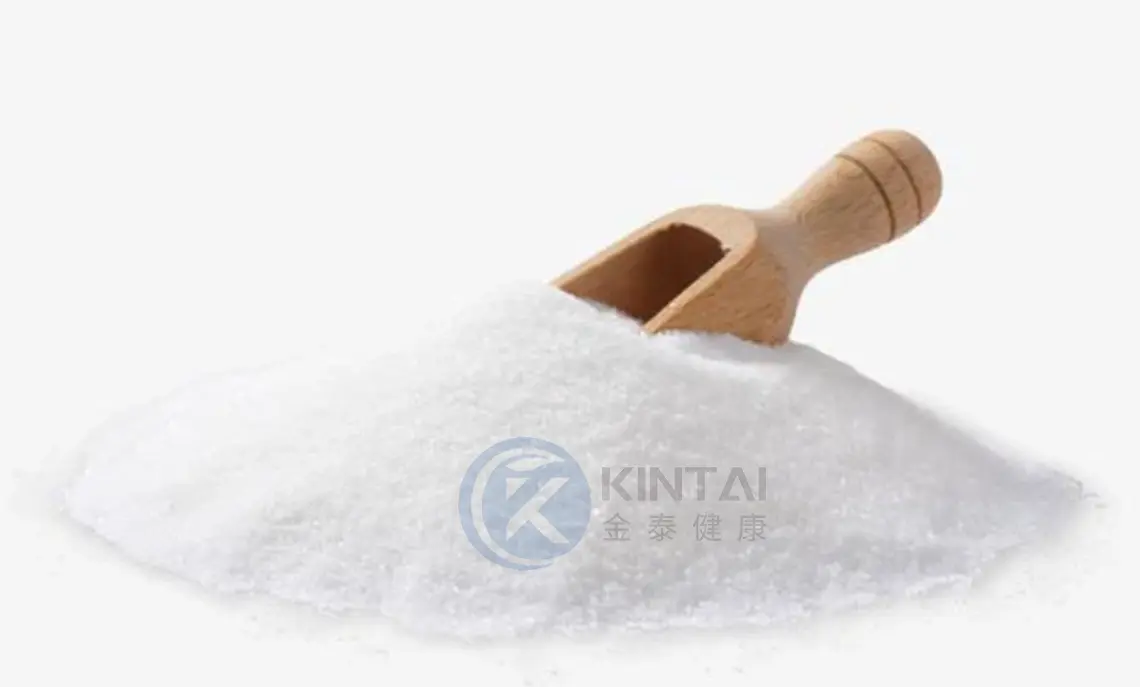
Product quality specification & standard
|
Product name |
Berbamine dihydrochloride |
|
Appearance |
white powder |
|
Solubility |
Soluble in cold water |
|
Heavy metals |
NMT 20 PPM |
|
Loss On Drying |
NMT 5.0% |
|
Powder size |
80Mesh, NLT90% |
|
Assay |
Min. 98.0% |
|
Microbiological Quality (Total viable aerobic count) |
|
|
- Bacteria, CFU/g, not more than |
NMT 103 |
|
- Moulds and yeasts, CFU/g, not more than |
NMT 102 |
|
- E.coli, Salmonella, S. aureus, CFU/g |
Absence |
|
Storage |
In a Tight, Light-resistant, and Dry Place. Avoid Direct Sunshine. |
|
Shelf life |
24 months |
Chemical & Physical Properties
|
Common Name |
Berbamine hydrochloride |
Flash Point |
404ºC |
|
CAS Number |
6078-17-7 |
Molecular Weight |
681.65 |
|
Appearance |
white powder |
Boiling Point |
744.4ºC at 760 mmHg |
|
Molecular Formula |
C37H42Cl2N2O6 |
Melting Point |
250-253ºC(lit.) |
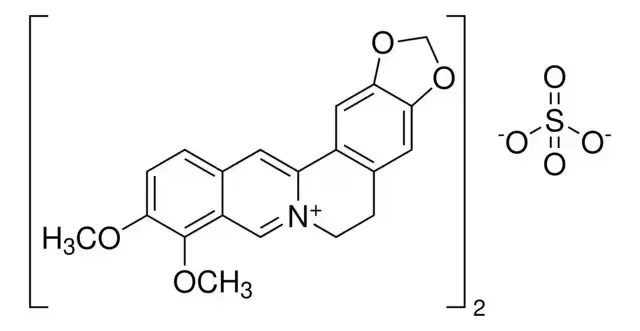
Interested?We'd love to send you a free sample! CONTACT US>>>
Safty of Berbamine
- Common Gastrointestinal Side Effects: Mild side effects such as constipation, bloating, nausea, and loss of appetite may occur at standard doses, but these usually resolve spontaneously and are well tolerated.
- Specific Contraindications: This medication is contraindicated in patients with glucose-6-phosphate dehydrogenase (G6PD) deficiency (favism), as it may cause hemolytic anemia. Pregnant and lactating women and newborns are also contraindicated.
- Significant Drug Interactions: Concomitant use with antidiabetic drugs, statins, anticoagulants, and immunosuppressants is strictly prohibited. Because it inhibits liver metabolic enzymes, it can significantly increase blood levels of these drugs, potentially leading to serious adverse reactions such as hypoglycemia, muscle damage, or bleeding. Consult a physician immediately before long-term use.
Berbamine hydrochloride in the treatment of diabetic nephropathy
Berbamine, a natural chemical component extracted from the traditional Chinese medicine herb Coptis chinensis, possesses antioxidant, anti-inflammatory, and anti-fibrotic properties, as well as regulating lipid metabolism and mitochondrial energy metabolism. It provides strong support in the treatment of nephrotic syndrome (DN).
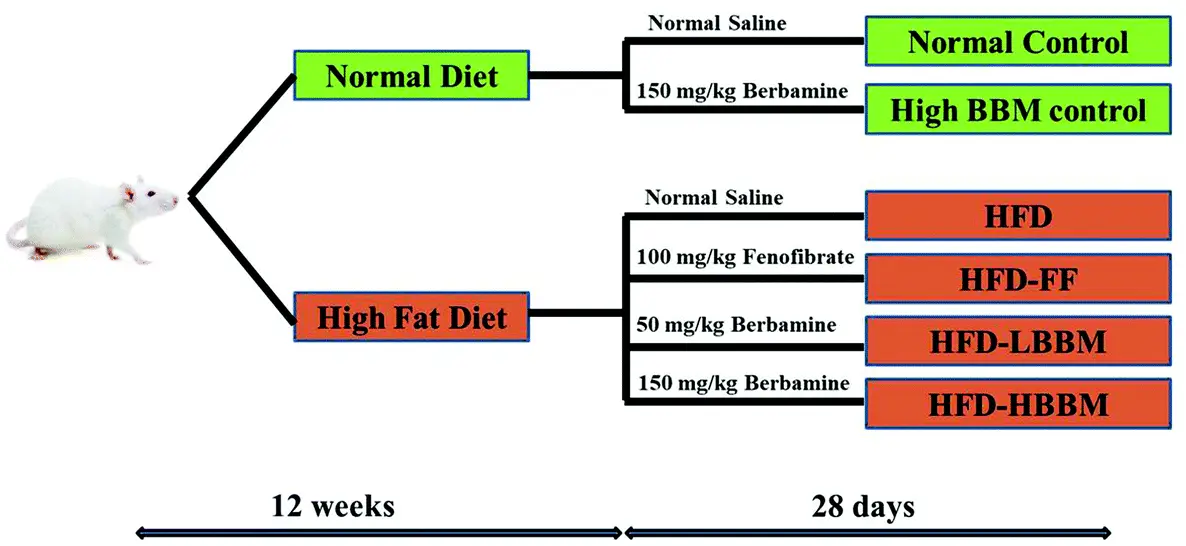
Berbamine's downregulation of proinflammatory signaling pathways and inflammatory responses inhibits the pathological progression of glomerulosclerosis and tubular fibrosis, thereby further improving renal function.
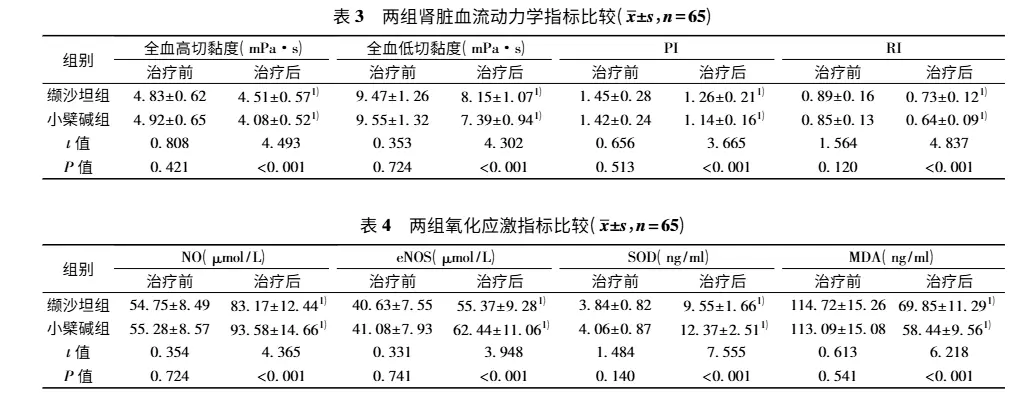
(reference:Efficacy of berbamine hydrochloride combined with valsartan in the treatment of elderly patients with diabetic nephropathy and its effects on renal function, oxidative stress and inflammatory response)
Berbamine dihydrochloride Benefits
Antibacterial and Antidiarrheal
- Berbamine hydrochloride is one of the most classic drugs for treating intestinal infections. It effectively inhibits a variety of pathogens, such as Shigella dysenteriae and Escherichia coli, and is significantly effective for diarrhea and abdominal pain caused by bacterial gastroenteritis. It exerts its antibacterial effects by disrupting the DNA structure of pathogenic microorganisms and inhibiting their metabolism, making it a common over-the-counter antidiarrheal medication in home medicine cabinets.
Blood Sugar Regulator
- Berbamine hydrochloride, known as the "natural metformin," is excellent at regulating blood sugar. It activates the key AMPK enzyme, enhancing the body's sensitivity to insulin, promoting glucose utilization by tissue cells, and inhibiting the breakdown of liver glycogen. This effectively lowers fasting blood sugar and glycated hemoglobin levels in diabetic patients, making it an important natural compound for assisting in the management of type 2 diabetes.
Anti-inflammatory Effects
- By inhibiting the activation of key inflammatory signaling pathways such as NF-κB and MAPK, it effectively reduces the production and release of pro-inflammatory cytokines such as TNF-α and IL-6, thereby alleviating tissue inflammation at the molecular level. This mechanism enables it to play an important role in alleviating intestinal inflammation, metabolic inflammation and improving insulin resistance.
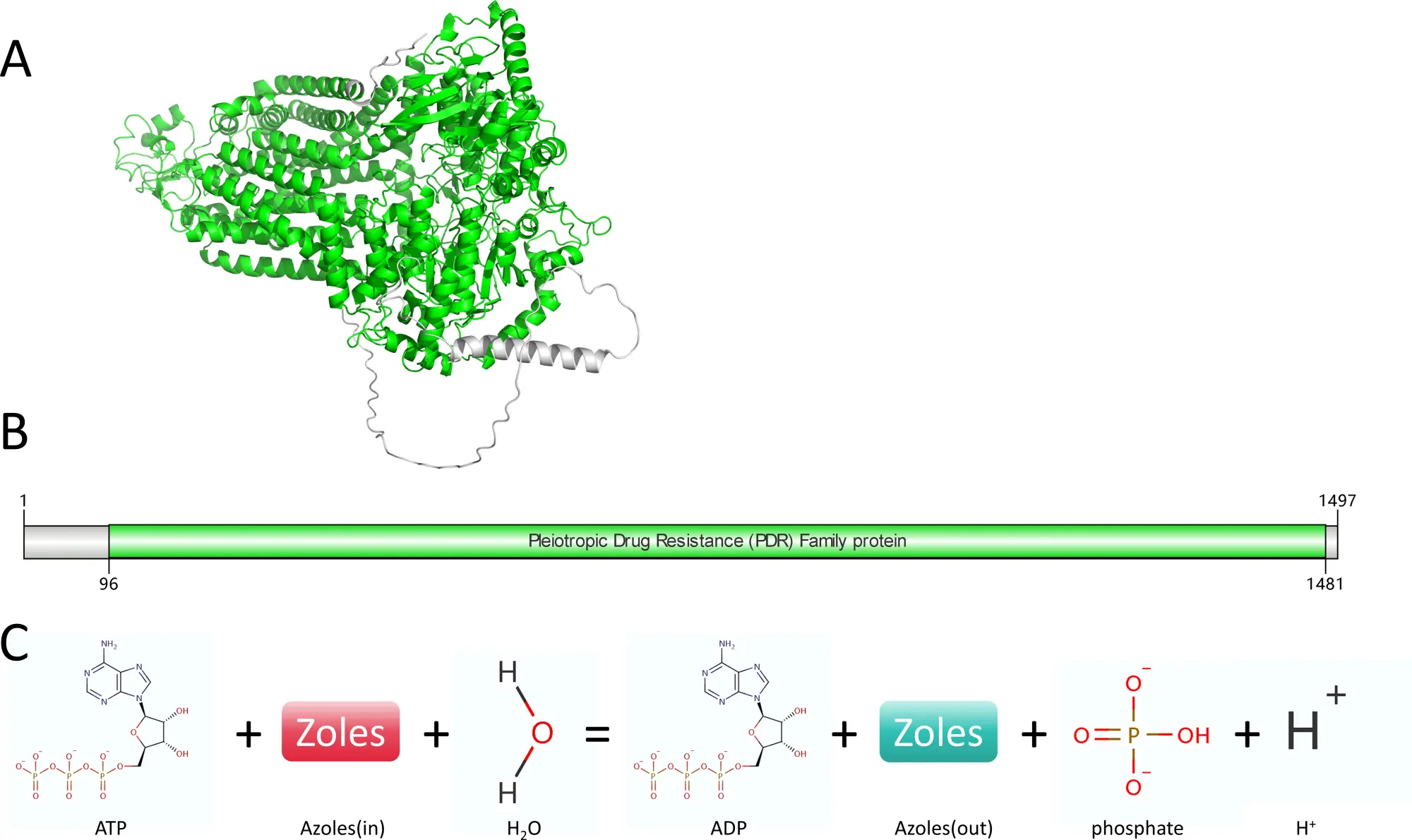
Uses of Berbamine dihydrochloride
Pharmaceutical Industry
- In the pharmaceutical sector, Berbamine Dihydrochloride is a core chemical API. Its primary use is in the production of various over-the-counter (OTC) and prescription anti-infective and anti-diarrheal medications, such as the popular "Berbamine tablets." Furthermore, with its well-established pharmacological effects of lowering blood sugar and lipids, it has become an important natural source and research target for the development of new drugs or combination formulations for metabolic diseases such as diabetes and hyperlipidemia.
Health Products and Functional Foods
- As a natural ingredient with proven efficacy, Berbamine hydrochloride is widely processed into dietary supplements or functional foods. These ingredients primarily target consumers seeking to manage blood sugar and lipid levels, as well as those seeking to regulate intestinal health. In this sector, its natural, plant-derived properties have made it a popular ingredient in the market, with product forms including capsules and tablets.
Cosmetics and Personal Care
- Leveraging its natural antibacterial and anti-inflammatory properties, Berbamine Dihydrochloride is used in some functional skincare products, particularly those targeting acne. It helps inhibit Propionibacterium that causes acne, reduces skin inflammation, and improves acne symptoms, becoming a new choice for natural effective ingredients.
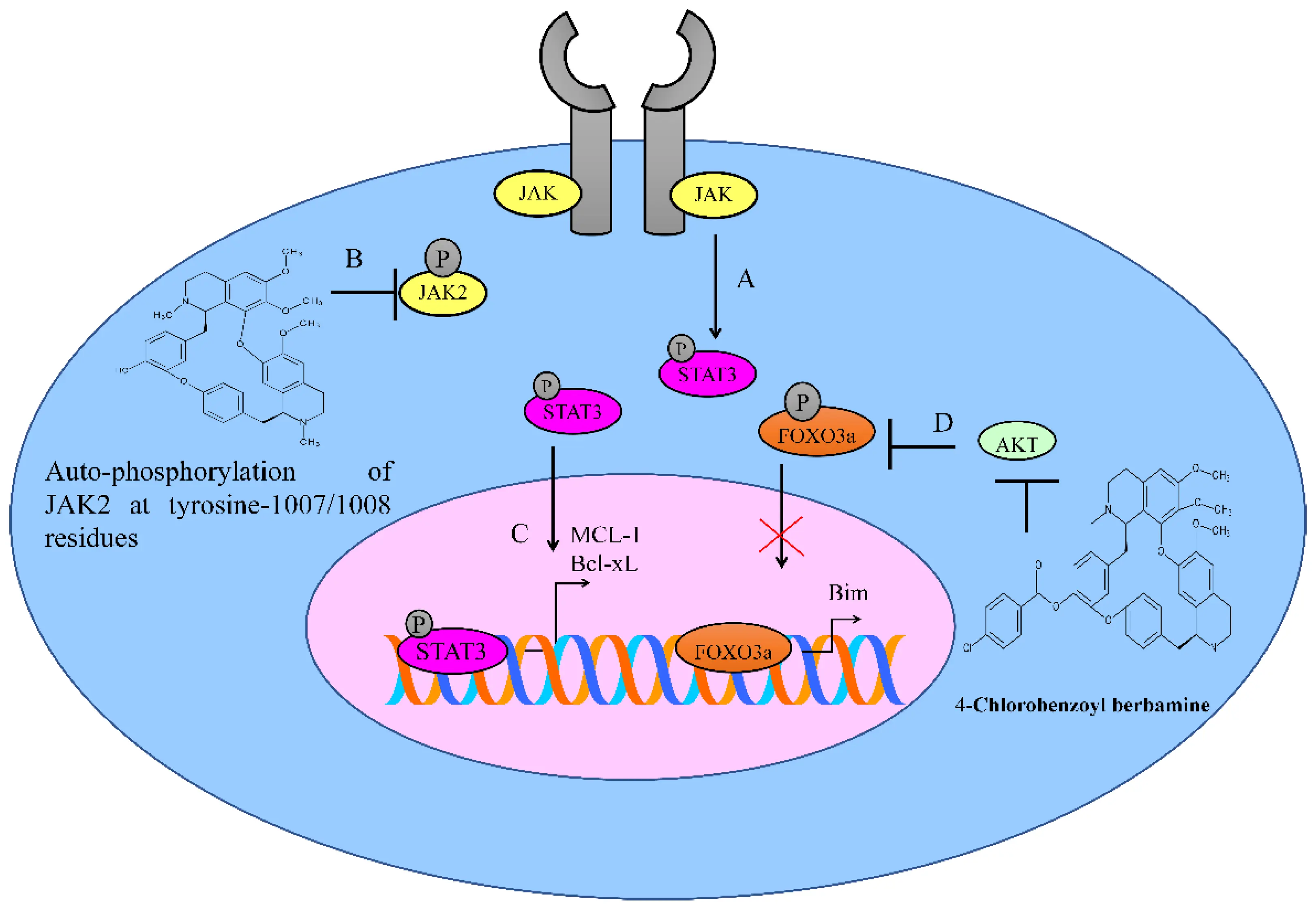
Why Choose KINTAI Berbanine dihydrochloride?
- Superior Quality: We utilize advanced processes to consistently maintain product purity exceeding 93%. Strictly adhering to GMP standards ensures extremely low residual impurities and consistent batch-to-batch quality, providing you with safe and reliable core raw materials for your products.
- Diverse Applications: Our products comply with multiple industry standards for pharmaceuticals, health supplements, and feed additives, enabling seamless application in diverse applications such as gastrointestinal medications, glucose-lowering health supplements, sustainable farming, and functional skincare, helping you expand into diverse markets.
- Flexible Customization: We offer professional customization services, flexibly adjusting product particle size, dosage form, and packaging specifications to meet your specific needs. We can tailor the most competitive solutions for you, making us your ideal partner.
FAQ
Q1:What is the mechanism of action of Berbamine?
A1:It was found that BBM could inhibit the proliferation activity of RCC cells in vitro at a lower dose, and also effectively inhibit tumor growth in nude mice. The mechanism may be that BBM induces cell cycle arrest at G0/G1 phase and inhibits the expression of CyclinD1 protein in cells.
Q2:Is berberine the same as Berbamine?
A2:Berberine and berbamine are bioactive compounds of benzylisoquinoline alkaloids (BIAs) present in Berberis species. The contents of berbamine are 20 times higher than berberine in leaf tissues in three closely related species: Berberis koreana, B. thunbergii and B. amurensis.
Q3:What is the healthiest berbramine to take?
A3:Berbamine is our top choice for supporting healthy cholesterol levels due to its dosage of berbamine and dual-action formula. A 500 mg dose of berbamine has been shown to reduce cholesterol.
KINTAI Certifications
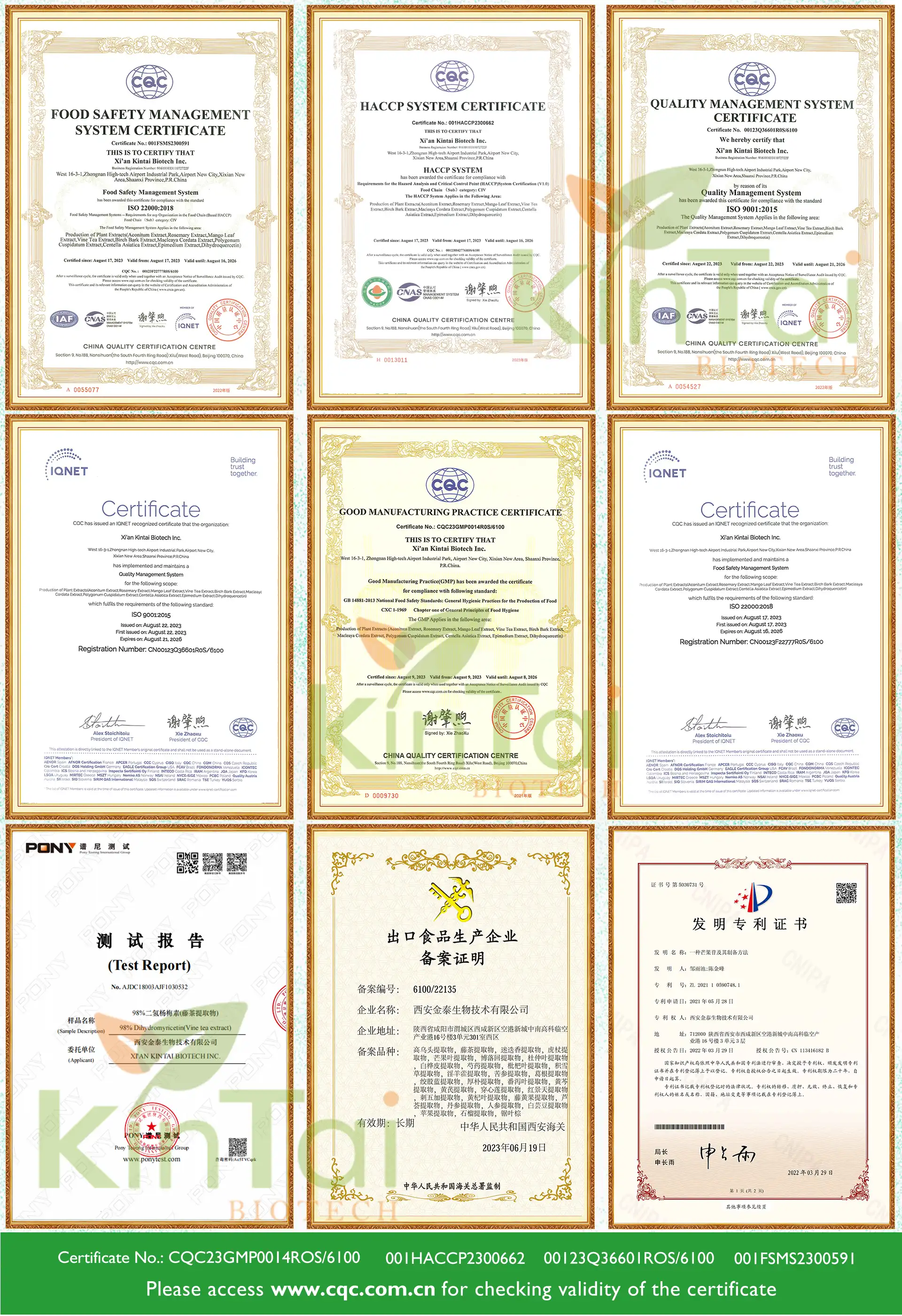
Send Inquiry
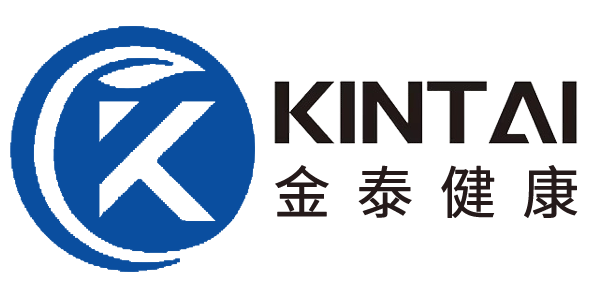
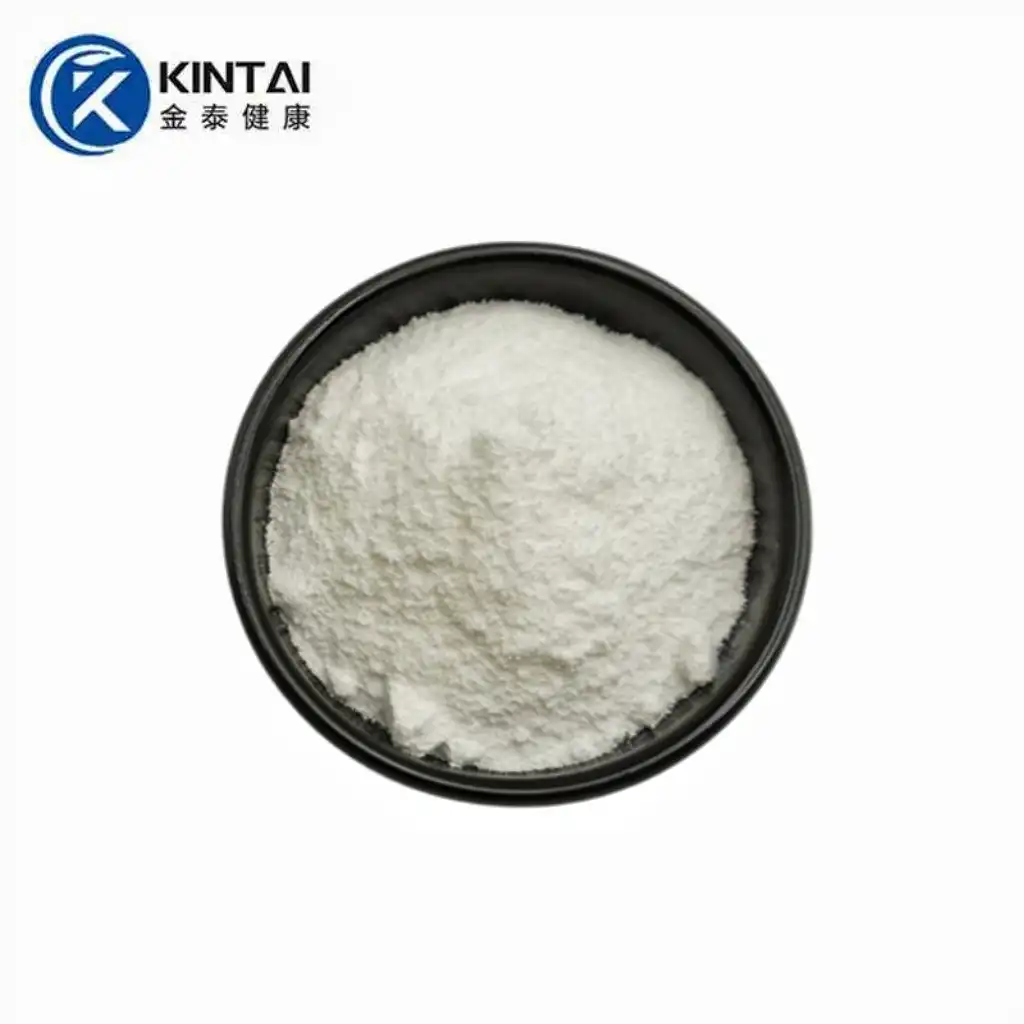
_1758081993125.webp)
